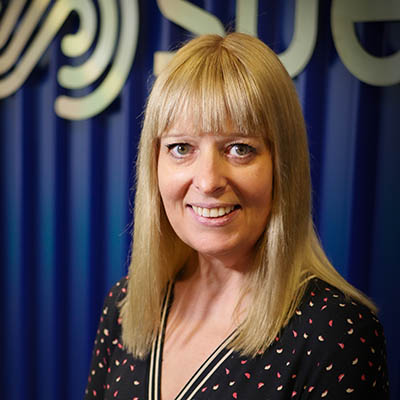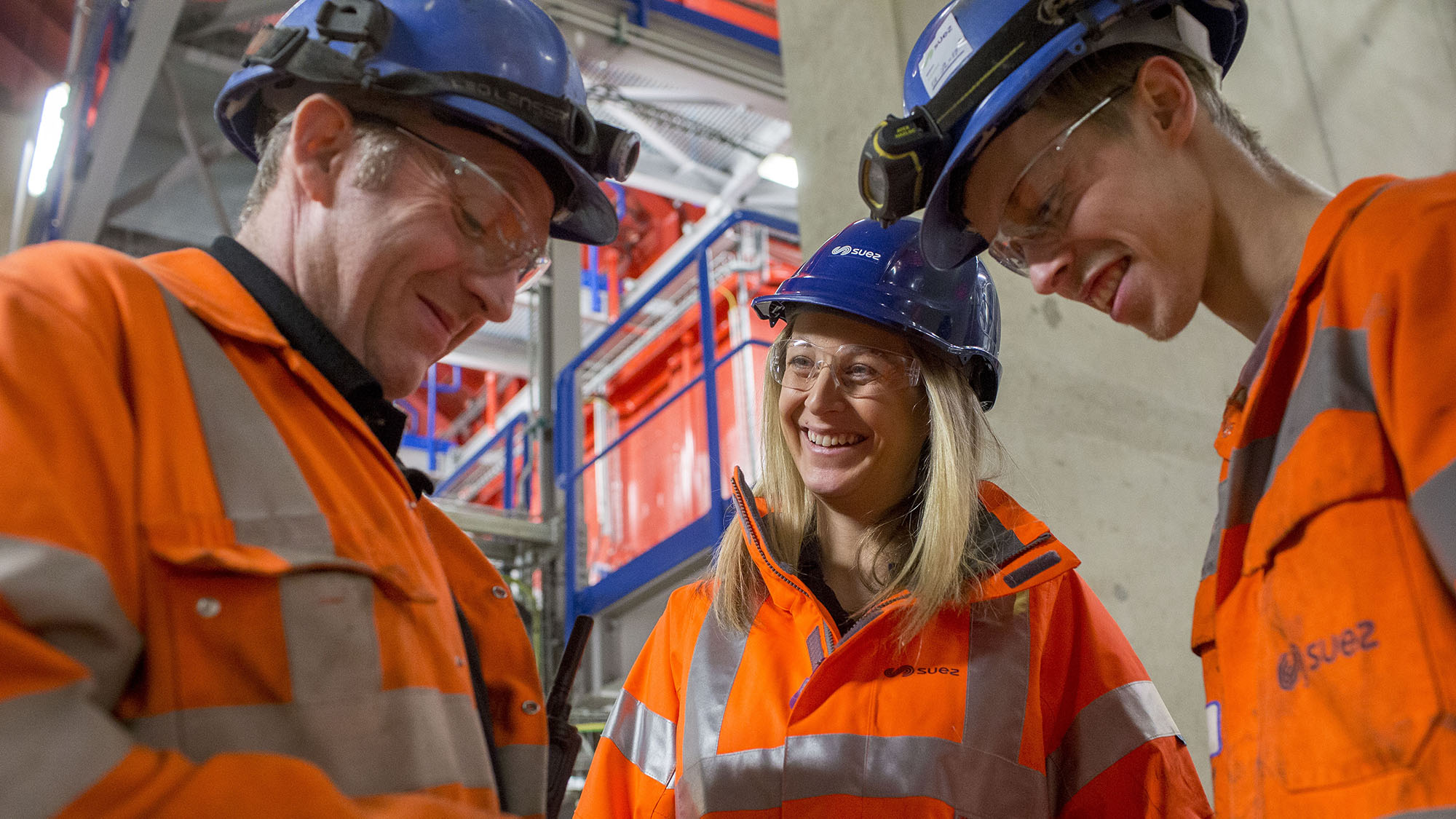Wellness is critical to our people’s health – and business recovery

For years we’ve been telling our people that their safety is our first priority. Now more than ever, it’s vital that we live up to this commitment.
The COVID-19 pandemic isn’t just about ensuring we have robust procedures in place to manage infection prevention and control. It’s not enough to concentrate on physical health, it’s also about psychological wellbeing. The pandemic is imposing mental strain on everyone, in different ways, now and for how long to come no-one yet knows.
Mental Health Awareness Week
So the timing of Mental Health Awareness Week is very apt, not that HR professionals and managers need reminding just how important mental health is to our employees’ overall health and wellbeing.
From members of the Royal Family to the many celebrities who have spoken up about mental health, the public attention that has recently focussed on this life challenge is welcome and overdue.
Having spent over a decade working with the ambulance service and other mental health service providers, I think I understand at least some of the psychological difficulties that can arise inside and outside the workplace.
Throughout the pandemic, our key workers have adapted to new ways of working and procedures with a willingness I find humbling. They’ve done a phenomenal job of ensuring that collection and waste services are continuing and truly deserve the thank you notes they get from local communities. Staff working at home are having to juggle their normal duties with schooling the kids and caring for their families. Colleagues on furlough have suddenly been asked to be away from their jobs and work routines. Everyone worries about loved ones, the uncertainty, financial security, and when it will all be over?
Wellness for All
The best way to understand what’s on people’s minds is to ask them.
Last year we invited more than 50 employees from across the company, and a cross-section of roles, to help us develop our wellbeing charter. Wellness for All – a title also coined by an employee – is our vision for taking health, safety and wellbeing to the next level.
The wellbeing agenda is a logical extension of our award-winning Safety in Mind programme for health and safety – again developed by our employees.
Wellness for All has eight pillars, which we identified in workshops. These are: emotional, financial, job-related, mental wellbeing, diversity and inclusion, physical health, social, and work environment.
Mental wellbeing emerged clearly as the area where people wanted most support –and the current situation only reinforces that need.
Pre-pandemic, we began by providing training – Awareness of First Aid for Mental Health – for over 75 people. During the pandemic we are providing additional courses online and we’ve added a section on emotional resilience. We’ll continue to roll out the programme company-wide in the months to come. As with physical health, when it comes to mental health, I believe passionately that the first priority should be prevention rather than cure.
Reaching our people
Last month we also launched a weekly Wellness for All webinar series. Each Friday morning an invited expert joins me to present on an aspect of wellbeing and answers questions from our people. Around 150 have attended each webinar so far, and a similar number watch recordings afterwards. We’re delighted that employees’ family members have been tuning in too. Getting loved ones as well as colleagues thinking and talking about mental health is so important.
This Friday we are focusing on stress – and how to recognise and relieve it. Other topics we’ve covered include resilience, sleep, financial wellbeing, mindfulness, and meditation. These sessions were very well received, and following a request from our people, we are also providing guided meditation sessions during lunchtimes.
We back up each webinar with a written guide, for reference afterwards. As a follow-on to our sleep webinar, a ‘clinic’ session will show if the guidance and tools we shared have actually helped employees. They’ll also have the chance to ask our sleep expert follow-up questions and share experiences with each other.
The lockdown has galvanised other new training. We’ve put together a learning and development programme for our people on furlough. I see this as a way to help our people feel connected. We’ve had great feedback on the learning support we’ve provided, and they also appreciate being part of our wellbeing webinars.
All this activity will be maintained during the pandemic and beyond. As is our way, the lessons learned and input from our people will inform our ongoing wellness programme and how we adapt and deliver it.
We’re proud of this work and our people who have driven it. We care about our people and if we’re to recover as a business from this disruption, then we need to have our people well.
As is the case when an ambulance crew responds to an emergency, adrenaline or team spirit help colleagues rise to their daily challenges and difficulties. However, experience tells me that the underlying stress and anxieties, which may not be evident at the time, can be felt weeks, months or more later. We are investing in our people’s mental wellbeing and resilience now. So if they face mental health challenges in the future, our people will have tips and techniques to help them cope.
Bolstering our people’s mental health is therefore critical to ensure they can deal with the pressures of the pandemic, thrive in the new normal, whatever that may be, and help drive our business through recovery. We will do that better if we all do it together.
